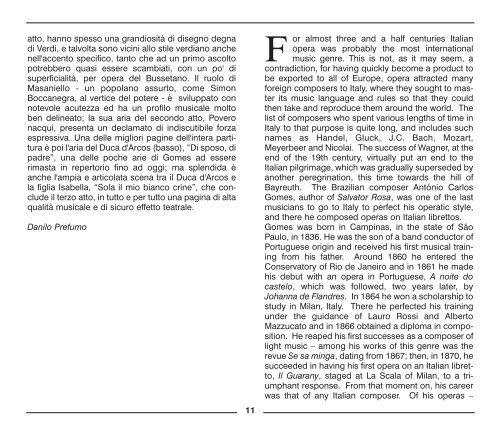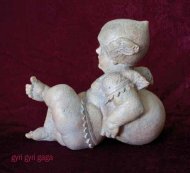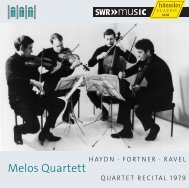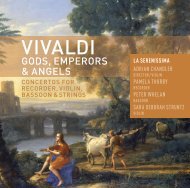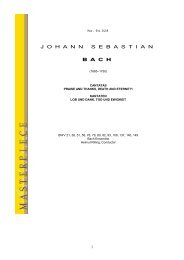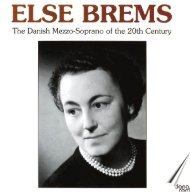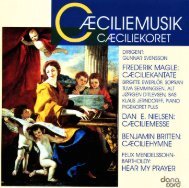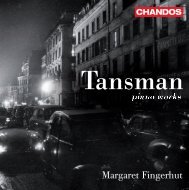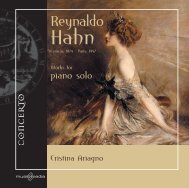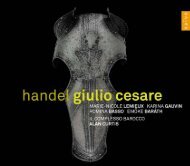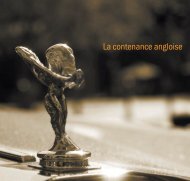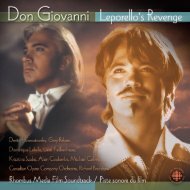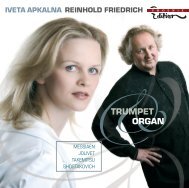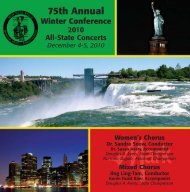LIBRETTO - Naxos Music Library
LIBRETTO - Naxos Music Library
LIBRETTO - Naxos Music Library
You also want an ePaper? Increase the reach of your titles
YUMPU automatically turns print PDFs into web optimized ePapers that Google loves.
ooklet472.qxd 18/02/2005 14.34 Pagina 11<br />
atto, hanno spesso una grandiosità di disegno degna<br />
di Verdi, e talvolta sono vicini allo stile verdiano anche<br />
nell'accento specifico, tanto che ad un primo ascolto<br />
potrebbero quasi essere scambiati, con un po' di<br />
superficialità, per opera del Bussetano. Il ruolo di<br />
Masaniello - un popolano assurto, come Simon<br />
Boccanegra, al vertice del potere - è sviluppato con<br />
notevole acutezza ed ha un profilo musicale molto<br />
ben delineato; la sua aria del secondo atto, Povero<br />
nacqui, presenta un declamato di indiscutibile forza<br />
espressiva. Una delle migliori pagine dell'intera partitura<br />
è poi l'aria del Duca d'Arcos (basso), “Di sposo, di<br />
padre”, una delle poche arie di Gomes ad essere<br />
rimasta in repertorio fino ad oggi; ma splendida è<br />
anche l'ampia e articolata scena tra il Duca d'Arcos e<br />
la figlia Isabella, “Sola il mio bianco crine”, che conclude<br />
il terzo atto, in tutto e per tutto una pagina di alta<br />
qualità musicale e di sicuro effetto teatrale.<br />
Danilo Prefumo<br />
11<br />
F<br />
or almost three and a half centuries Italian<br />
opera was probably the most international<br />
music genre. This is not, as it may seem, a<br />
contradiction, for having quickly become a product to<br />
be exported to all of Europe, opera attracted many<br />
foreign composers to Italy, where they sought to master<br />
its music language and rules so that they could<br />
then take and reproduce them around the world. The<br />
list of composers who spent various lengths of time in<br />
Italy to that purpose is quite long, and includes such<br />
names as Handel, Gluck, J.C. Bach, Mozart,<br />
Meyerbeer and Nicolai. The success of Wagner, at the<br />
end of the 19th century, virtually put an end to the<br />
Italian pilgrimage, which was gradually superseded by<br />
another peregrination, this time towards the hill of<br />
Bayreuth. The Brazilian composer António Carlos<br />
Gomes, author of Salvator Rosa, was one of the last<br />
musicians to go to Italy to perfect his operatic style,<br />
and there he composed operas on Italian librettos.<br />
Gomes was born in Campinas, in the state of São<br />
Paulo, in 1836. He was the son of a band conductor of<br />
Portuguese origin and received his first musical training<br />
from his father. Around 1860 he entered the<br />
Conservatory of Rio de Janeiro and in 1861 he made<br />
his debut with an opera in Portuguese, A noite do<br />
castelo, which was followed, two years later, by<br />
Johanna de Flandres. In 1864 he won a scholarship to<br />
study in Milan, Italy. There he perfected his training<br />
under the guidance of Lauro Rossi and Alberto<br />
Mazzucato and in 1866 obtained a diploma in composition.<br />
He reaped his first successes as a composer of<br />
light music – among his works of this genre was the<br />
revue Se sa minga, dating from 1867; then, in 1870, he<br />
succeeded in having his first opera on an Italian libretto,<br />
Il Guarany, staged at La Scala of Milan, to a triumphant<br />
response. From that moment on, his career<br />
was that of any Italian composer. Of his operas –


